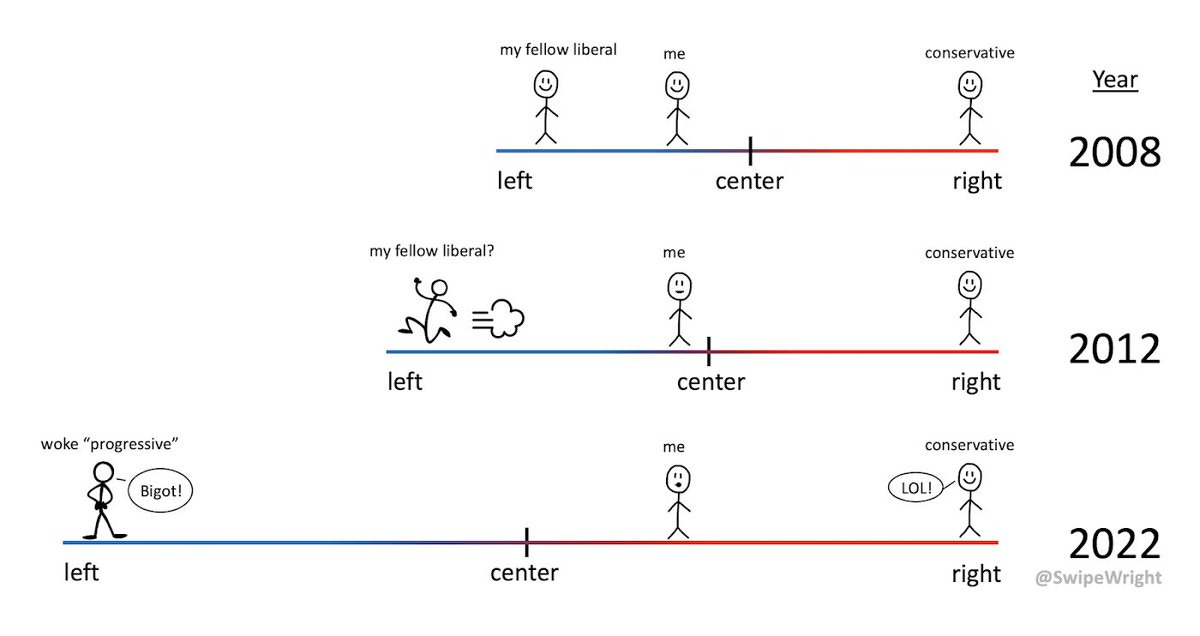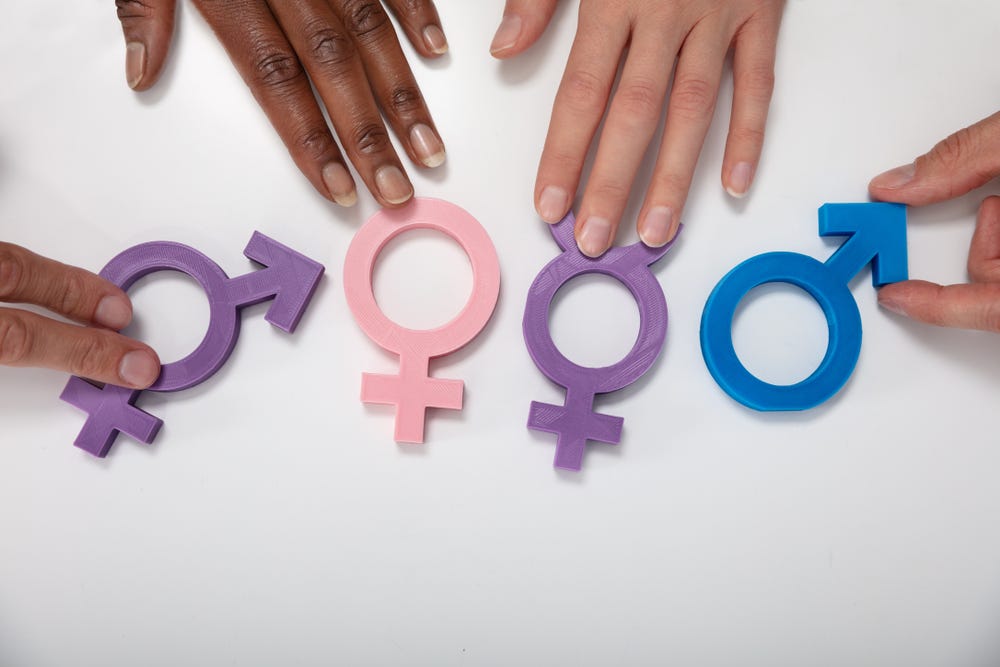E-Pluribus | May 4, 2022
Keep calm and carry on - disinformation is nothing new; a cartoon kerfuffle; and the radical nature of the gender identity movement.
A round up of the latest and best writing and musings on the rise of illiberalism in the public discourse:
Tiffany Donnelly: The Disinformation Panic
The Biden administration’s recent creation of the Disinformation Governance Board has again raised the issue of the role of government in combating disinformation. Tiffany Donnelly writes at Reason that, as there is nothing new under the sun, “disinformation” is not new, and we should be more concerned about giving the government power over speech due to the current panic.
Lawmakers increasingly look to turn fears about disinformation into laws restricting free speech.
[ . . . ]
Proponents say policies like these are necessary because today's information environment is flooded with "cheap speech" of little value, making it harder for voters to discern what's accurate. But was it easier to discern accuracy when Hearst and Pulitzer were furnishing headlines?
If the news environment of the 1890s is too distant of an example, consider 1990, when a 15-year-old Kuwaiti girl named Nayirah gave a gut-wrenching—and completely fabricated—congressional testimony alleging to have witnessed Iraqi soldiers remove Kuwaiti babies from incubators and leave them to die on the cold floor. Portions of her testimony aired on ABC's Nightline and NBC Nightly News, reaching an estimated 35 million and 53 million Americans respectively, before airing on 700 other television stations and going virtually unchecked for nearly a year.
The American people didn't learn the truth behind Nayirah's story until 1992—a full year after Congress authorized the use of military force in Iraq. In the lead-up to that decision, her gripping tale was invoked by President George H.W. Bush six times in one month, and cited by seven senators in their speeches supporting the same cause.
Scandals like these happened long before the rise of Twitter and Facebook and the decline of media gatekeepers. In fact, if people had been able to communicate on social media then the way we do now, the truth about this lie may have been uncovered much sooner. "Cheap speech" can benefit society by allowing researchers or citizen journalists to challenge the narratives of major media outlets and government leaders.
Read it all here.
Colin Wright: Elon Musk Tweeted My Cartoon

Last week, Elon Musk created a stir (as it seems only he can do these days) with a cartoon about how he believes the political world has shifted around him in recent years. The original creator of the cartoon, Colin Wright, writes in the Wall Street Journal that much of the “debunking” that went on by the Washington Post and others completely misses the point.
I created the cartoon to help sort out my feelings of increasing political alienation from the left. I’m a lifelong Democrat. I turned 18 in 2003 and have never voted for a Republican. But over the past decade, and especially the past five years, I’ve watched my party distance itself from the values and principles I hold dear.
People on the left once viewed free speech as sacrosanct and championed speaking truth to power. Now they disparage open expression as a danger to democracy and minorities. The aspiration of judging individuals by the content of their character rather than by the color of their skin has given way to identity politics and “equity” initiatives that prioritize group interests over individual rights. Women’s rights, previously understood as relating to their oppression on the basis of sex, is now viewed by the left through the lens of gender identity, which gives priority to men who declare themselves to be women. Today’s progressive can’t even tell you what a woman is. The right may be inconsistent in its support of free speech, individual rights and women’s rights, but the left is consistent in its opposition to all three.
It is important to keep these shifts in mind when evaluating the “accuracy” of my cartoon, because the most common criticism is that it portrays the right as remaining stationary since 2008. A similar drawing depicting specific issues such as abortion, climate change or immigration might tell a different story. But with respect to the important cultural values I have in mind—free speech, individual rights and women’s rights—my cartoon is consistent with the lived experience of many liberals and centrists.
Read it all.
Daniel Kennelly Interviews Leor Sapir: Understanding the Radical Gender Movement
City Journal’s Daniel Kennelly recently interviewed the Manhattan Institute’s Leor Sapir about transgender issues and the larger discussion around gender identity . Sapir, who has focused on these issues, talked corporate, governmental and other institutional responses to these trends, as well as writers and resources available to help those interested in understanding the political and cultural influences at work that have tremendously raised the profile of the gender identity movement.
[T]he idea that there are biologically innate and meaningful differences between the sexes holds little appeal to a professional class that has distanced itself from physical labor and that sees motherhood as one “lifestyle choice” among others—and more likely as a hindrance to professional self-realization. I think LGBT issues also tap into that deep wellspring of American sentiment: expressive individualism. The ethos of individualism and expressive choice has long been a driver of American capitalism. As long as trans activists can frame their policy preferences as “letting people be who they are” rather than coercing others to accept a controversial ideology, they will continue to enjoy strong tailwinds in the corporate world.
[ . . . ]
[I]n the United States the transgender cause has been framed as (to quote Joe Biden) “the civil rights issue of our time.” Of essence here is the idea that “civil rights” depend on normalizing transgender identity as a natural and healthy human variation and reducing any stigma associated with it. But if you think about it, this makes a cautious, evidence-driven approach to medical management of childhood gender distress very unlikely. The assumption behind psychological prescreening of teens before prescribing them hormones and surgeries (something advocates of American-style “affirming” therapy strongly oppose) is that, all things considered, it is better for a person to feel comfortable in their own body—in other words, not to be transgender. Civil rights rhetoric creates strong pressures to eliminate such medical gatekeeping and take kids’ declarations at face value.
Read the whole thing.
Around Twitter
The Foundation for Individual Rights in Education’s Greg Lukianoff on the attack on Dave Chappelle in apparent response to Chappelle’s “transphobic” humor:
Via the Foundation Against Intolerance & Racism, on the idea of free speech versus actual free speech:
And finally, from David French: what’s good for the goose…








